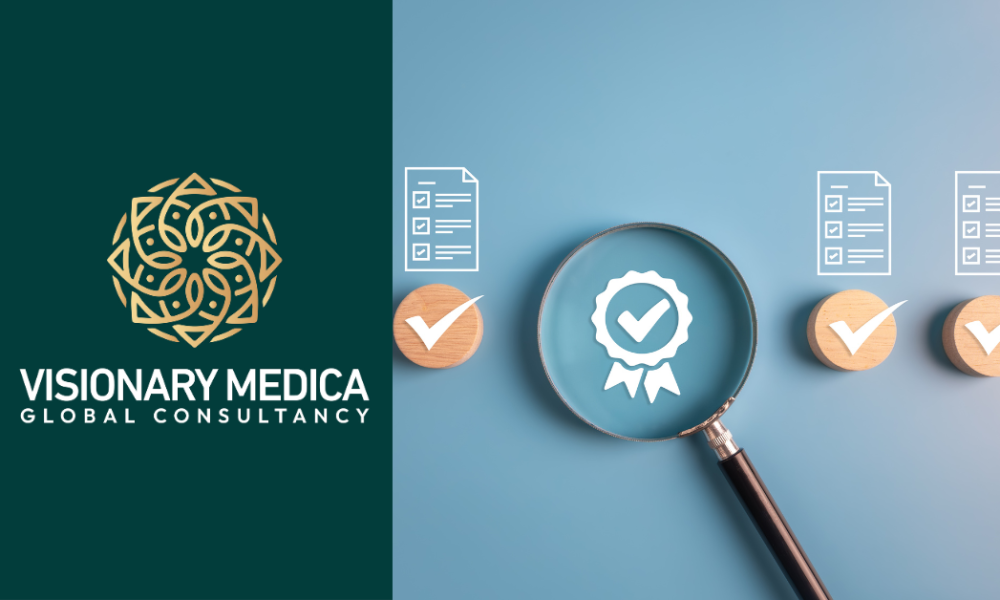
Standardization and quality are vital to improving healthcare delivery. They ensure that patients receive safe, reliable, and consistent care, while also helping organizations meet global accreditation standards and build trust with patients and stakeholders.
Gap Analysis: Identifying weaknesses by comparing current practices with standards from JCI, Canadian Accreditation, DHA, MOH, and DOH.
Clear Policies and Procedures: Creating accessible policies to guarantee consistency and compliance across all departments.
Training Programs: Equipping healthcare staff with the skills and knowledge to apply standards effectively.
Quality Improvement Initiatives: Reducing errors, enhancing patient safety, and improving results through structured programs.
Internal Audits: Regular evaluations to highlight issues and strengthen compliance.
Accreditation Readiness: Supporting organizations with training, mock surveys, and preparation for international accreditation bodies.
Collaboration with Authorities: Ensuring smooth communication and continuous compliance with regulatory bodies.
Performance Tracking: Using KPIs and reporting systems to measure progress and maintain accountability.
Stakeholder Engagement: Involving staff, management, and patients to create a culture of collaboration and improvement.
Continuous Education: Staying up to date with regulatory changes to remain compliant and adaptable.
By focusing on standardization and quality, healthcare organizations can achieve excellence, meet accreditation requirements, and build stronger relationships with patients. This approach not only improves efficiency but also fosters a culture of safety, trust, and continuous improvement in healthcare.
Visionary Medica Is A Premier Global Consultancy Specializing In Healthcare Project Management. Our expertise encompasses human resources solutions, recruitment of healthcare…
In today’s digital era, social media consultancy has become an essential element for businesses aiming to strengthen their online presence. A…
Why Standardization Matters in Healthcare Standardization and quality are vital to improving healthcare delivery. They ensure that patients receive safe, reliable,…
of medical personnel, the process of recruiting and managing healthcare professionals has become more critical than ever. Whether it’s a hospital,…
Get Your Consultation